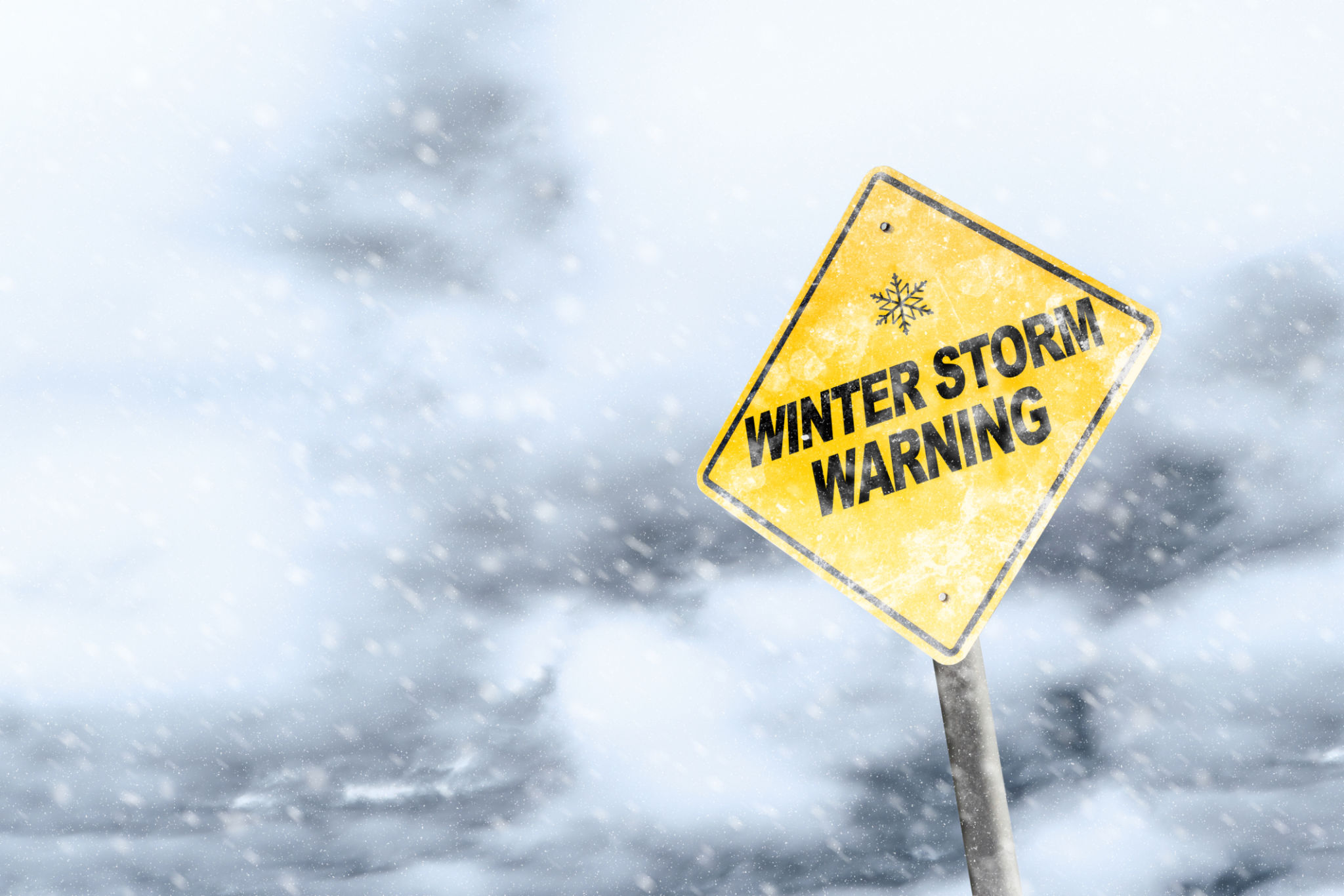Preparing Your Fleet for Hurricane Season: Tips for Duval County Businesses
Understanding the Impact of Hurricane Season
Hurricane season can bring unpredictable challenges for businesses, especially those with fleets in Duval County. The region's geographical position makes it susceptible to hurricanes, which can cause significant disruptions. As a business owner, preparing your fleet for the hurricane season is essential to minimize potential damage and ensure continuity.
Being proactive rather than reactive can save your business both time and money. Consider how hurricanes may affect your operations, from physical damage to delays in service delivery, and plan accordingly.

Developing a Comprehensive Fleet Preparedness Plan
Creating a detailed fleet preparedness plan is crucial. Start by identifying the most vulnerable aspects of your fleet operations. Consider factors such as vehicle storage locations, routes prone to flooding, and the availability of fuel during emergencies.
Inventory and Documentation
Conduct a thorough inventory of all vehicles in your fleet. Maintain updated documentation that includes vehicle identification numbers (VINs), registration details, insurance papers, and recent photographs. This information will be invaluable if vehicles are damaged or lost during a hurricane.
Communication Strategies
Establish clear communication protocols to ensure all team members are informed before, during, and after a storm. Use multiple channels such as emails, text alerts, and phone calls to keep everyone updated on any changes in operations or safety guidelines. This ensures that your team can respond quickly and effectively in the event of an emergency.

Implementing Preventive Measures
An essential aspect of hurricane preparation is implementing preventive measures to protect your fleet. Ensure that all vehicles are serviced and in good condition before the hurricane season begins. Check that tires, brakes, and batteries are functioning correctly to prevent breakdowns during evacuations or emergency operations.
Securing Your Fleet
When a hurricane is imminent, secure your fleet by relocating vehicles to higher ground or covered parking facilities. If relocation isn't possible, use tarps or vehicle covers to protect from debris. Make sure all vehicles are fueled up and equipped with emergency supplies such as first-aid kits, flashlights, and basic tools.

Reviewing Insurance Policies
Insurance policies play a critical role in fleet management during hurricane season. Review your current insurance coverage to ensure it adequately protects against potential hurricane-related damages. Consider additional coverage options if necessary, such as comprehensive policies that include flood and wind damage.
Work closely with your insurance provider to understand the claims process and any documentation required in the event of damage. Having this knowledge beforehand can speed up recovery efforts post-storm.
Post-Hurricane Assessment and Recovery
Once the storm has passed, conduct a thorough assessment of your fleet for any damages. Document all findings with photographs and detailed notes for insurance purposes. Promptly report any claims to your insurance provider to facilitate quick processing.
Focus on recovery by making necessary repairs and returning your fleet to operational status as soon as possible. Regularly update your preparedness plan based on your experiences to improve future responses.

